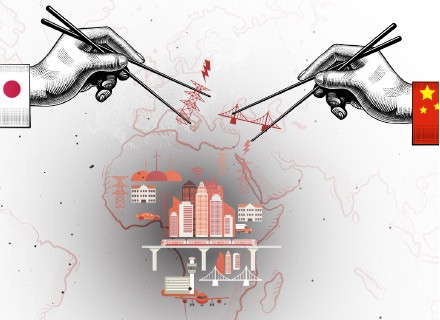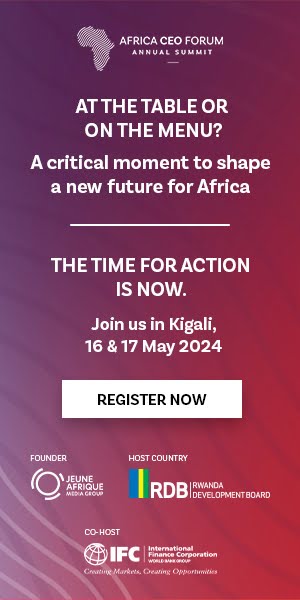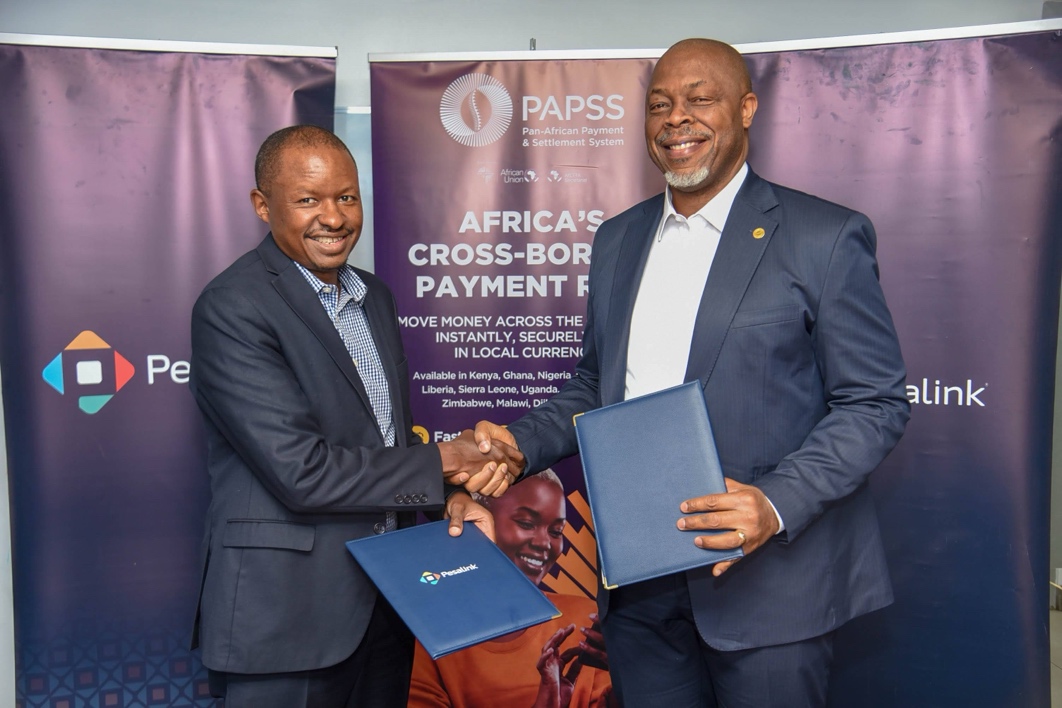
First Published 12 May, 2024
1993 and 2024 tell very different histories of Japan’s growing investment in Africa. After the Second World War, in which Japan was both defeated and economically devastated, the Asian country capitalised on a weakening yen to provide cheap goods for both export and consumption. In the years that followed, Japan pioneered the Tokyo International Conference on African Development (TICAD) which was first held in 1993, reviving international interest in Africa.
The Japan-African relationship initially began in the 1990s as an aid relief programme. Years later, the relationship has transformed from global support to setting up private investments on the continent, as a means of offsetting increased Chinese presence on the continent, mainly through sovereign investments. A senior analyst at the Tony Blair Institute in London agrees with this: Japan “is moving away from being based on development and is increasingly driven by the private sector.”
The main trigger for that shift is the ageing Japanese population, which is cash-rich and has a lot of legacy businesses in auto industries, manufacturing, biotech, amongst others. Africa has fast-growing ventures and lots of young people at its disposal to stage an expected global revolution. This podcast says that global partnerships between Africa and Japan can solidify a new growth story.
Next Wave continues after this ad.
One significant contribution Japan is making to Africa can be seen in the rise of corporate VCs (CVC). CVCs are not a new phenomenon. Globally, CVC-backed funding soared to an all-time high of $73.1 billion in 2020, increasing 24% from 2019.
With funding from institutional VCs drying up, the rise of Japanese CVC may drive the much-needed growth African startups need. CVCs differ from institutional VCs in the sense that they are independent arms of big corporations and are generally used to drive traditional research and development in areas where talent and resources are abundant. Beyond just funnelling money, they can share experience, customers, and even assets. For startups they choose to eventually back, exits through mergers and acquisitions are the easiest route.

The value of Japan’s spending in Africa under finance and investment amounted to $726 million in 2022. Chart by Stephen Agwaibor, TC Insights
Africa has large deposits of underground resources which Japan does not, such as oil, natural gas, gold, silver, copper, diamond, nickel, platinum, manganese, and rare earths—all driving forces of the continent’s economic growth. Besides, the battle for relevance regarding the geopolitical status of semiconductors is still on. Therefore, Japan could bypass unnecessary drama and collaborate with Africa to be the industry leader in high-technology progress in semiconductors, flash memory, and electric-battery innovations, for which most of the base components are harvested from Africa. Spinning off a venture backable project in this regard could boost the Asian nation’s status as both financier and manufacturer. This is most likely the reason for Japan’s mouth-watering interest in Africa.
Next Wave continues after this ad.
A small pilot
Japanese auto giant Toyota and musical instrument company Yamaha have made significant progress getting ahead of the market using Africa for research and development efforts, especially in the mobility sector. More specifically, electric vehicles. The trading arm of Toyota Tsusho Corp set up a venture capital unit in 2019 called Mobility 54, specifically for African markets. Mobility 54 has generally invested approximately $28 million into 14 startups in mobility startups on the continent.
Next Wave ends after this ad.
One of Mobility 54’s first major investments was a $7.6 million injection into Sendy, a Kenyan logistics startup, which closed a $20 million Series B round in 2020 and has now entered into administration. Despite the failed engagement, Sendy had an R&D agreement with Toyota as the Japanese company is looking to contribute to solving challenges of the mobility industry of Africa.
Sendy is not Mobility 54’s only investment; the CVC has backed Uganda-based Tugende, a startup that allows motorcycle taxi drivers own their own motorcycles in 18 months or less, instead of renting indefinitely. It has also backed startups in electric mobility and vehicle financing like Kenya-based BasiGo and South Africa-based Drive to Own. Yamaha Corporation, on its part, participated in a $7 million funding round of Nigerian motorcycle transit startup MAX.ng in 2019.
Critics have highlighted that Japan’s investment strategies in Africa have yielded little benefits since the first edition of TICAD in 1993 and are wary of further Japanese investment on the continent. However, there is no indication that shows Japan is ready to back away from investing in Africa yet. There are increasingly large footprints of Japan’s desire to do business in the African tech ecosystem in places like Nigeria, Egypt and Ethiopia.
Next Wave ends after this ad.
This article demonstrates optimism—arguing that more Japanese corporate activity on the continent would attract more funds in the foreseeable future. Despite many criticisms and reasons to be wary, more investors on the continent mean that startup founders can access global partnerships and share resources that will allow foreign investors to understand the African market better and support it towards its desired growth.
Joseph Olaoluwa
Senior Reporter, TechCabal
Thank you for reading this far. Feel free to email joseph.olaoluwa[at]bigcabal.com, with your thoughts about this edition of NextWave. Or just click reply to share your thoughts and feedback.
We’d love to hear from you
Psst! Down here!
Thanks for reading today’s Next Wave. Please share. Or subscribe if someone shared it to you here for free to get fresh perspectives on the progress of digital innovation in Africa every Sunday.
As always feel free to email a reply or response to this essay. I enjoy reading those emails a lot.
TC Daily newsletter is out daily (Mon – Fri) brief of all the technology and business stories you need to know. Get it in your inbox each weekday at 7 AM (WAT).
Follow TechCabal on Twitter, Instagram, Facebook, and LinkedIn to stay engaged in our real-time conversations on tech and innovation in Africa.





























